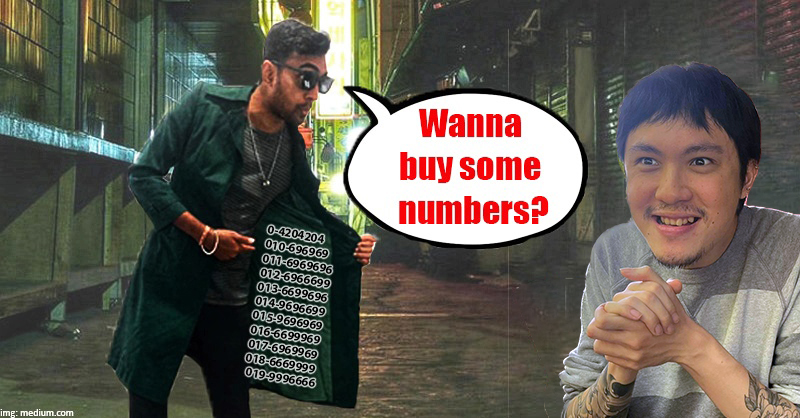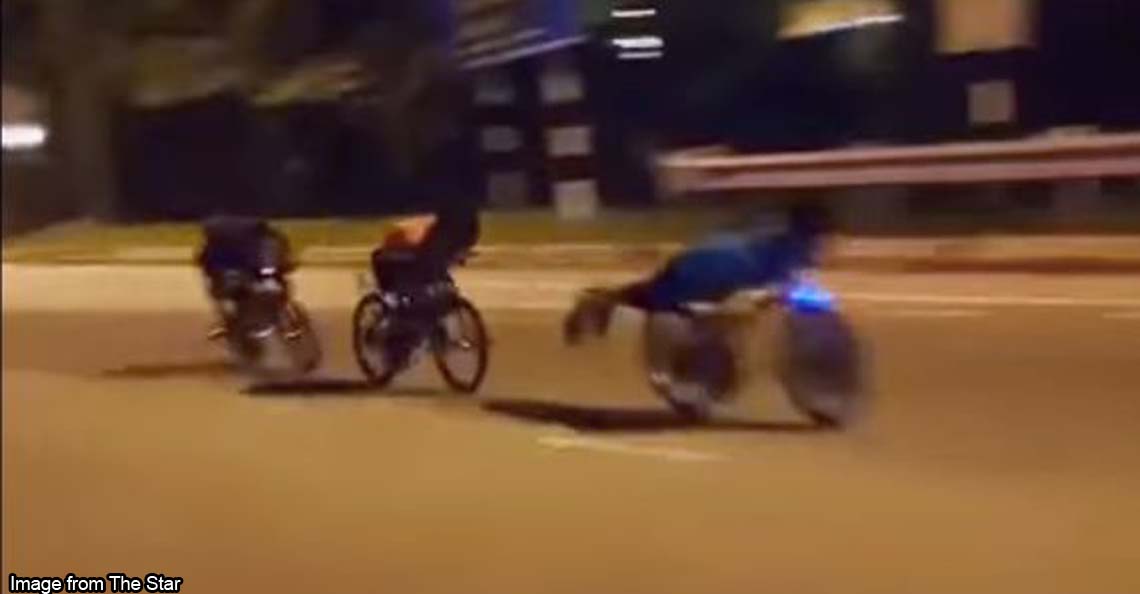Here’s the real reason why the High Court reversed the basikal lajak decision
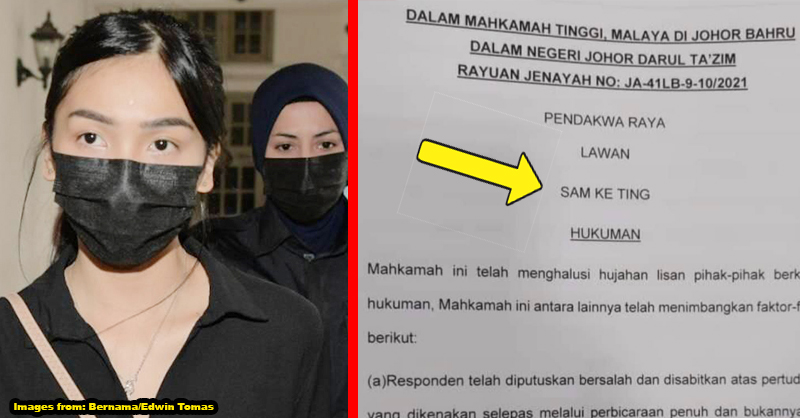
- 3.7KShares
- Facebook3.1K
- Twitter57
- LinkedIn48
- Email67
- WhatsApp391
Unless you’ve been living under a tempurung, chances are you will have seen the uproar over the High Court’s reversal of the decision to release Sam Ke Ting from her charge of reckless driving resulting in the deaths of eight cyclists. They pronounced her guilty and sentenced her to 6 years in prison, as well as a RM6,000 fine.

Since then, both the media and the public have been in a frenzy, and tensions are high on all sides. Many members of the public have fiercely jumped to the defence of 27 year-old Sam, with an online petition to free her garnering over a million signatures.
It was clear from the start that the case was never really as clear cut as it seems. But how exactly did the esteemed High Court Judge YA Dato’ Abu Bakar bin Katar arrive at that decision? To find out, we managed to get hold of the brief grounds version of the High Court records on the decision, detailing exactly that.
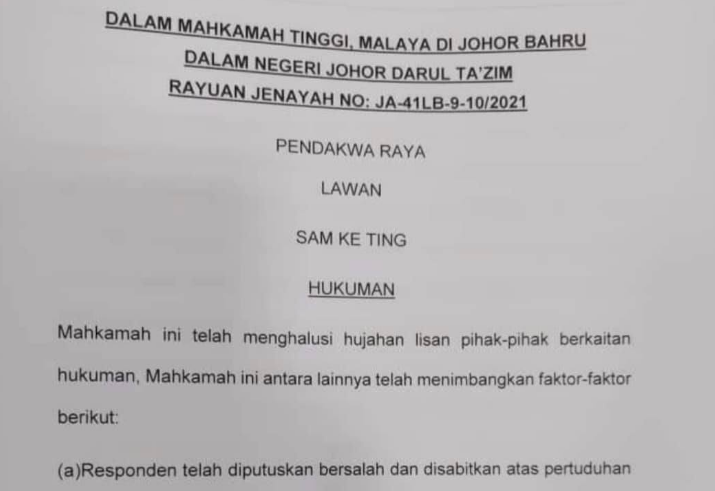
To further shed some light on the situation, we reached out to practicing Criminal and Civil lawyer Edwin Tomas, who was gracious enough to lend us his time to help us understand the case better.
According to the brief grounds, there were actually two main reasons given by the High Court for the decision, with the first being:
Sam ‘surprised’ the court with new details that were not there before
During her defense, Sam claimed that another vehicle had hit the kids earlier, and had sped off. Strangely, this point was never raised by Sam during the prosecution stage, and was hence seen as ‘adding a new/different detail that was not there before’, or as the court calls it, an afterthought defense.
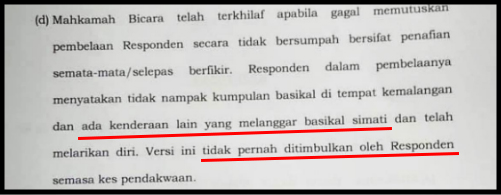
What’s more is that this was done in an unsworn statement. You know the courtroom scenes in Hollywood movies where people swear on the Bible? That’s a sworn statement. So yeah, an unsworn statement is the same thing, but without the oath-taking. Hence, it carries less weight in the eyes of the court than a sworn statement, as it is not liable to be tested and interrogated in court (cross-examined).

According to Edwin, because this version of events was not revealed earlier, the statement may have hurt her credibility in the eyes of the judge, causing the judge to absolutely disregard her unsworn statement. Elaborating on this, he wondered why:
- this alleged version was not brought out during the prosecution stage, and
- why the lawyer didn’t cross-examine the prosecution witnesses who were at the scene of the accident to corroborate the story.
However, says Edwin, whether or not this is her fault is dependent on what her lawyer had advised her, and whether or not she had chosen to heed her lawyer’s advice. And although some netizens may be labeling her lawyer as incompetent, it has to be remembered that this same lawyer managed to get her acquitted twice, so hey, credit to him for that, at least.
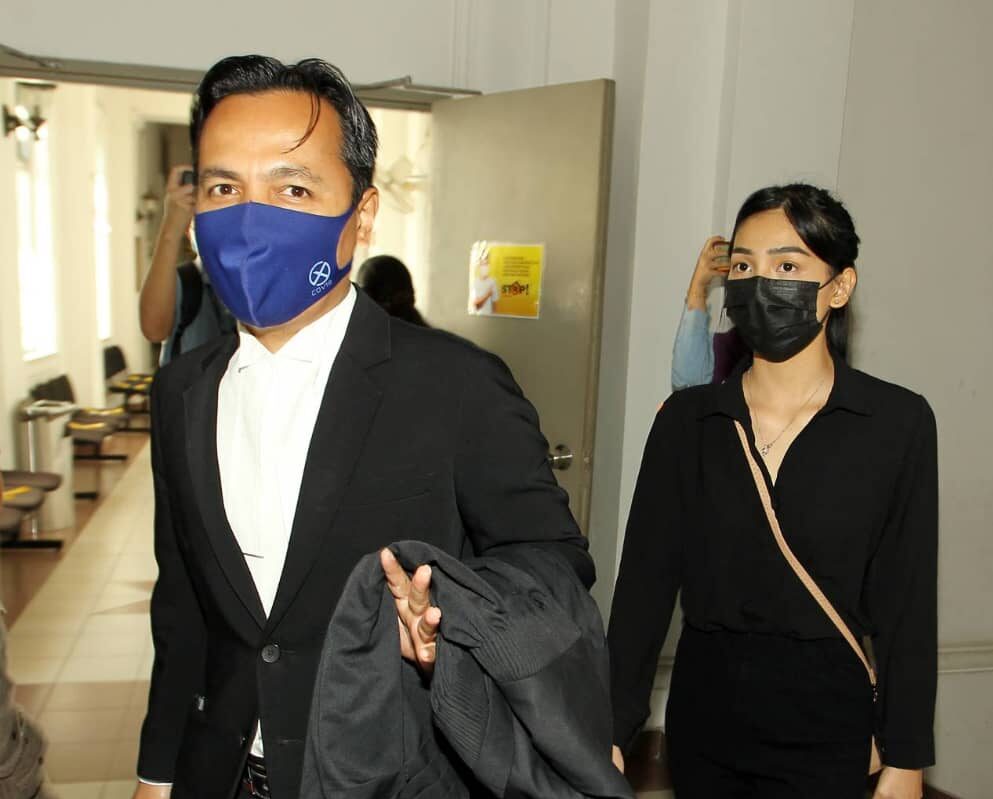
The second reason given by the High Court is:
Sam’s defense failed to convince the High Court Judge that she was not driving dangerously
… and for this, the High Court claimed a few things:
- Sam failed to convince the Judge of her awareness of the bumpy and bendy nature of the road
- Sam’s ignorance of basikal lajak activities in the area should not have been accepted as an ‘excuse’ to drive dangerously
- Sam should have driven more carefully and been more aware of the poor lighting conditions
- Sam should have been aware of the risks of going above the speed limit of 50km/h
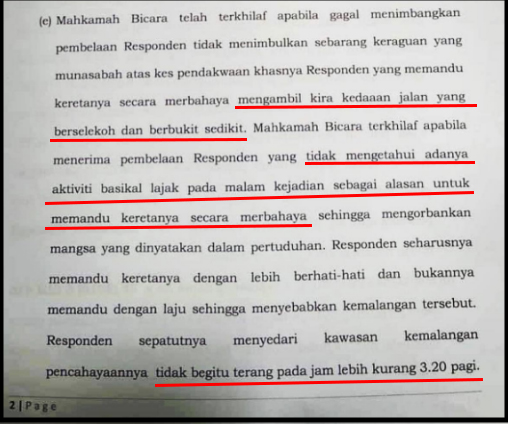
When we asked Edwin on whether or not this ruling was justified, he said that he would need to see the full grounds of judgment to be sure. But with that being said, says Edwin, the burden of proving a strong, initial (‘prima facie’/‘believable but subject to rebuttal’) case at the start of the trial lies on the prosecution. In other words, no initial prima facie case = nothing for the accused to defend against.
And this Edwin claims, is the element that was lacking, and also why he feels Sam’s defense should not have even been called in the first place:
“In my personal opinion, the prosecution has failed to prove that the Accused has driven recklessly. No concrete evidence that the Accused drove past the speed limit, or drove dangerously. Respectfully, I feel that the High Court Judge may have been too ready to accept the prosecution’s case, when all benefit of the doubt should be afforded to the accused as she is innocent until proven to be guilty.” – Edwin Tomas
The reason this case is so talked about, is because it could really have happened to anyone
Guilt and innocence aside, the fact remains that Sam Ke Ting was just a regular person and sales promoter up until the tragedy. And that’s exactly what it is: a tragedy. Because there are no winners here; parents lost their children, children lost their lives, and Sam lost her freedom.
And the public uproar here, unlike in most cases involving big-name politicians, appears to be more caused by empathy rather than disdain. The reason, perhaps, is best summed up by Edwin:
“She was unfortunately at the wrong place, at the wrong time. What happened to her, could have happened to the best of us. And that’s the scary part.”- Edwin Tomas

Our condolences lie with the parents whose children’s lives were lost, but whatever justice in this case may be, it is hoped that it will be served at the Court of Appeal, which will be the final stage of appeals for Sam.
Special thanks to Edwin Tomas for his massive contribution to this article.
- 3.7KShares
- Facebook3.1K
- Twitter57
- LinkedIn48
- Email67
- WhatsApp391

